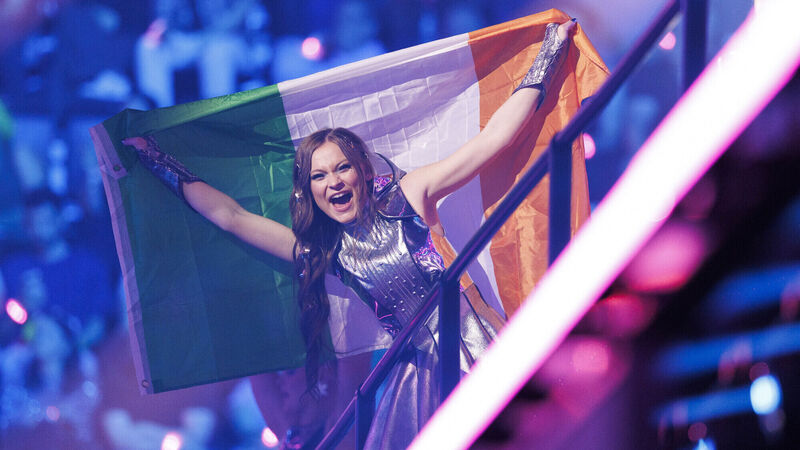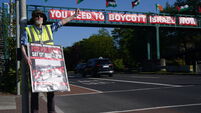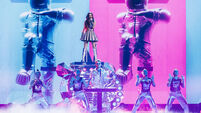It’s not us that needs to change, it’s the Eurovision Song Contest itself

Ireland’s Emmy during the Eurovision Song Contest 2025 semi-final in Basel Switzerland. Picture Andres Poveda
Ireland has been represented at the Eurovision Song Contest 58 times since making its debut in 1965 in Naples.
And although we failed to qualify for this year’s Grand Final, we have, drumroll please... clocked up seven wins. We’re the only country to have won three times consecutively and, as it stands, Johnny Logan is the only person to have won the contest three times - twice as a singer and once as a songwriter.
















